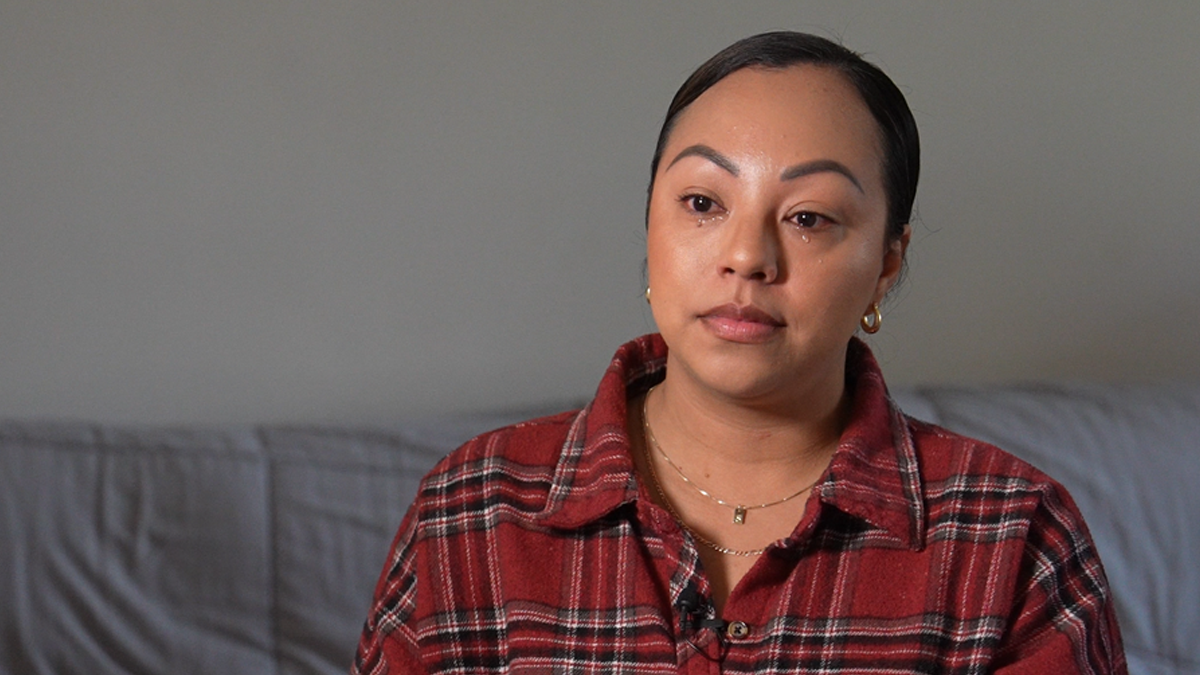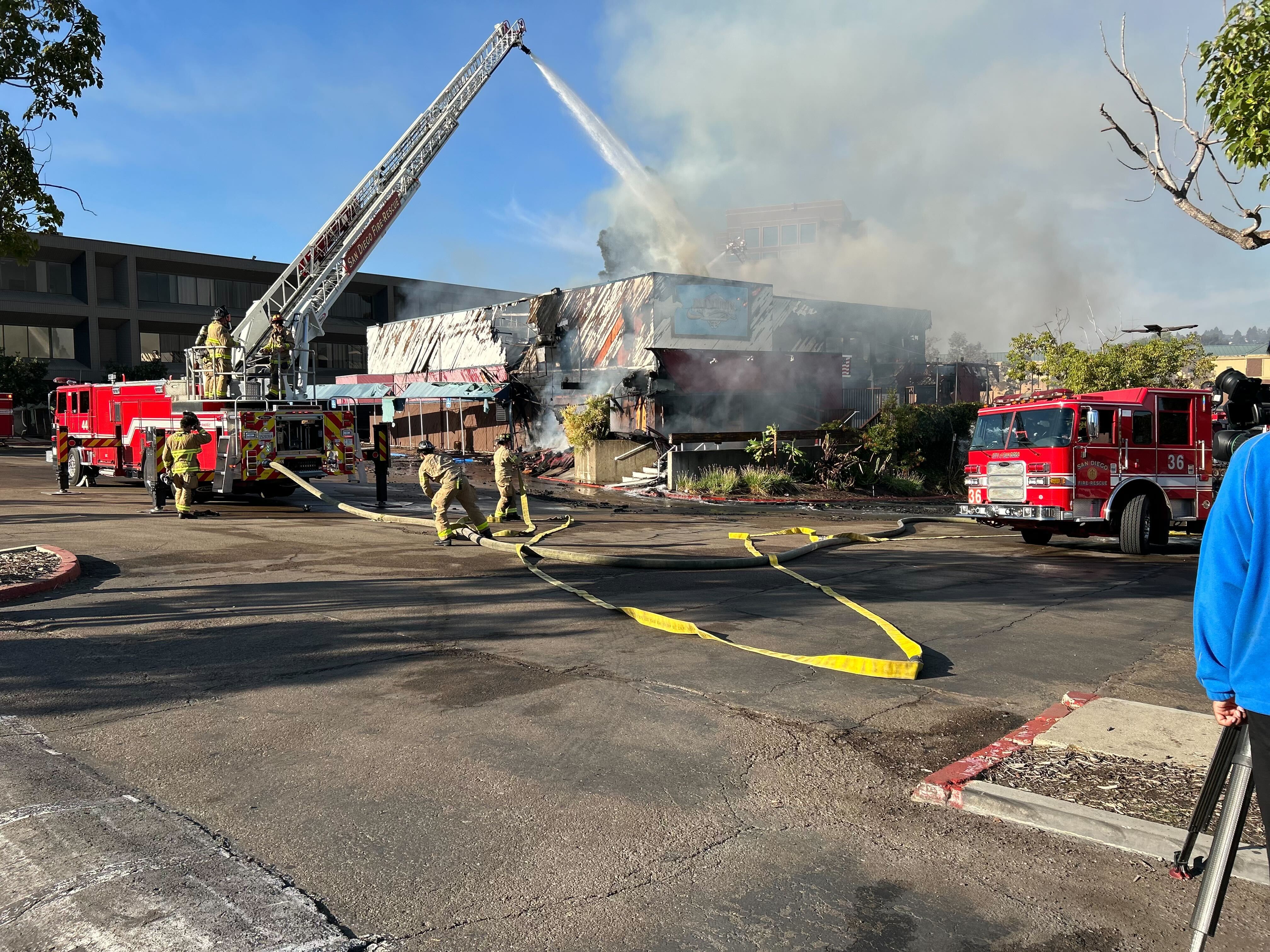Scientists at UC San Diego could be among the first to find the omicron COVID-19 variant in the United States, and they’re using sewage to help them do it.
There are about 130 wastewater collectors above sewer grates near dorms and other buildings at UC San Diego that help detect the virus's presence. Now those same collectors are being used to try and detect the omicron variant on campus and at others across the county.
Wastewater testing has helped detect asymptomatic COVID-19 cases early, preventing countless student-to-student transmission. In fact, an August report found wastewater testing found 85% of cases on campus before traditional testing.
Get top local stories in San Diego delivered to you every morning. >Sign up for NBC San Diego's News Headlines newsletter.
“Looking back at the variants that have appeared in San Diego, the wastewater actually detected them earlier than individual samples from individual people. Usually by a week to two weeks. And it again has to do with the fact that by testing wastewater, you're testing many more people at one time," explained Infectious Disease Specialist Dr. Robert Schooley.
Dr. Schooley ispart of UCSD's team of scientists partnered with the CDC and other labs around the country searching for signs of omicron.
All together they're sequencing 40,000 to 80,000 specimens each week, though right now they’re mostly detecting the delta variant.
Local
“Other variants, they've shown up. And this one looks to be more contagious,” explained Director Kristen Jepsen, Ph.D. of the Institute for Genomic Medicine. “We're looking to see if that's true. It's just a matter of time before it's detected in the United States and California."
So far, the variant first identified in Southern Africa has only gotten as close to the United States as Canada, where five cases have been reported.
But health leaders say it's a matter of when it turns up here, not if, and tracking its spread will be crucial.
“We’re really working hard to get our hands on this virus and understand better how it operates and what we can do to suppress the spread and reduce disease from it,” said Dr. Schooley.
Though there's still a lot that's unknown about this variant that’s so far infected 226 people in 20 countries, according to the White House Covid Response Team, scientists say vaccines should be at least partially protective against it - especially for those who received a booster.



